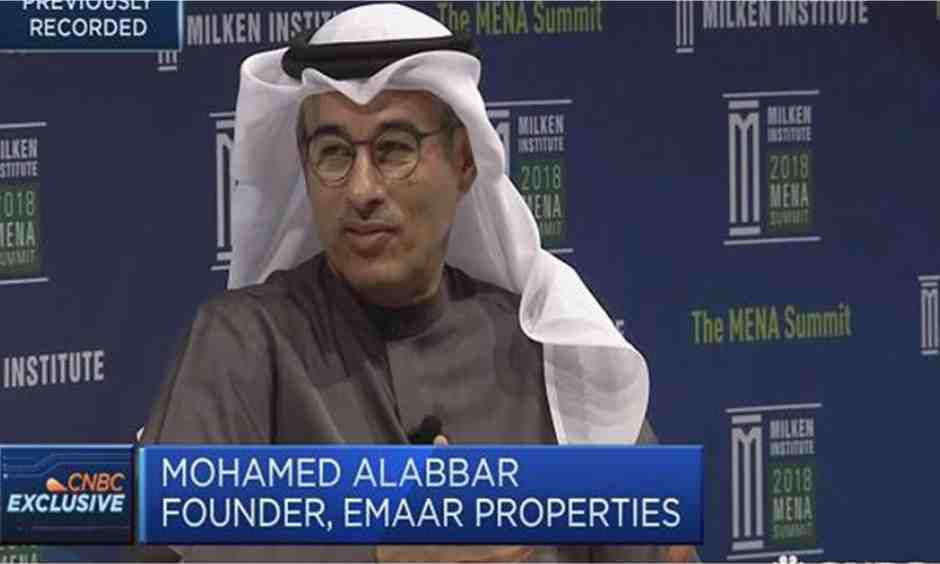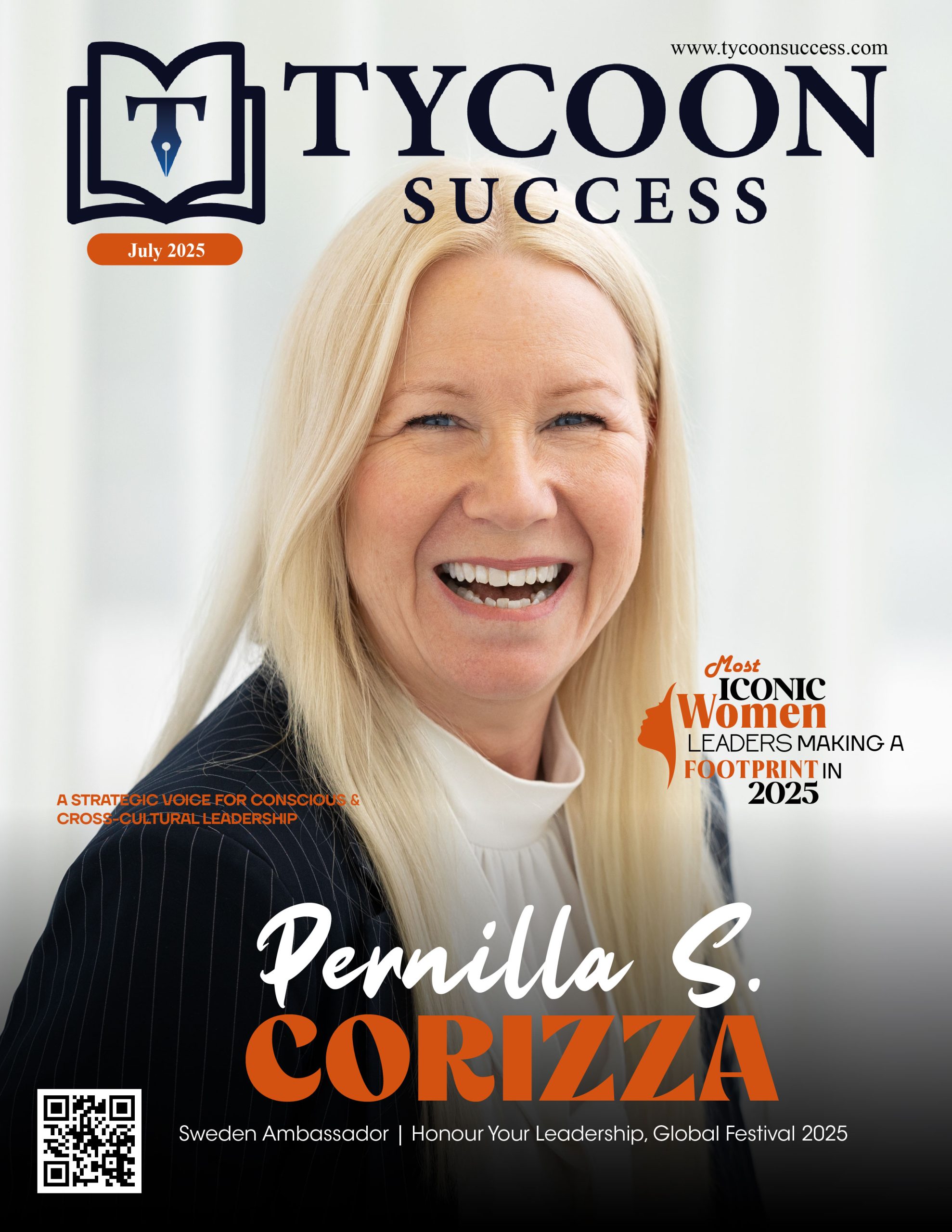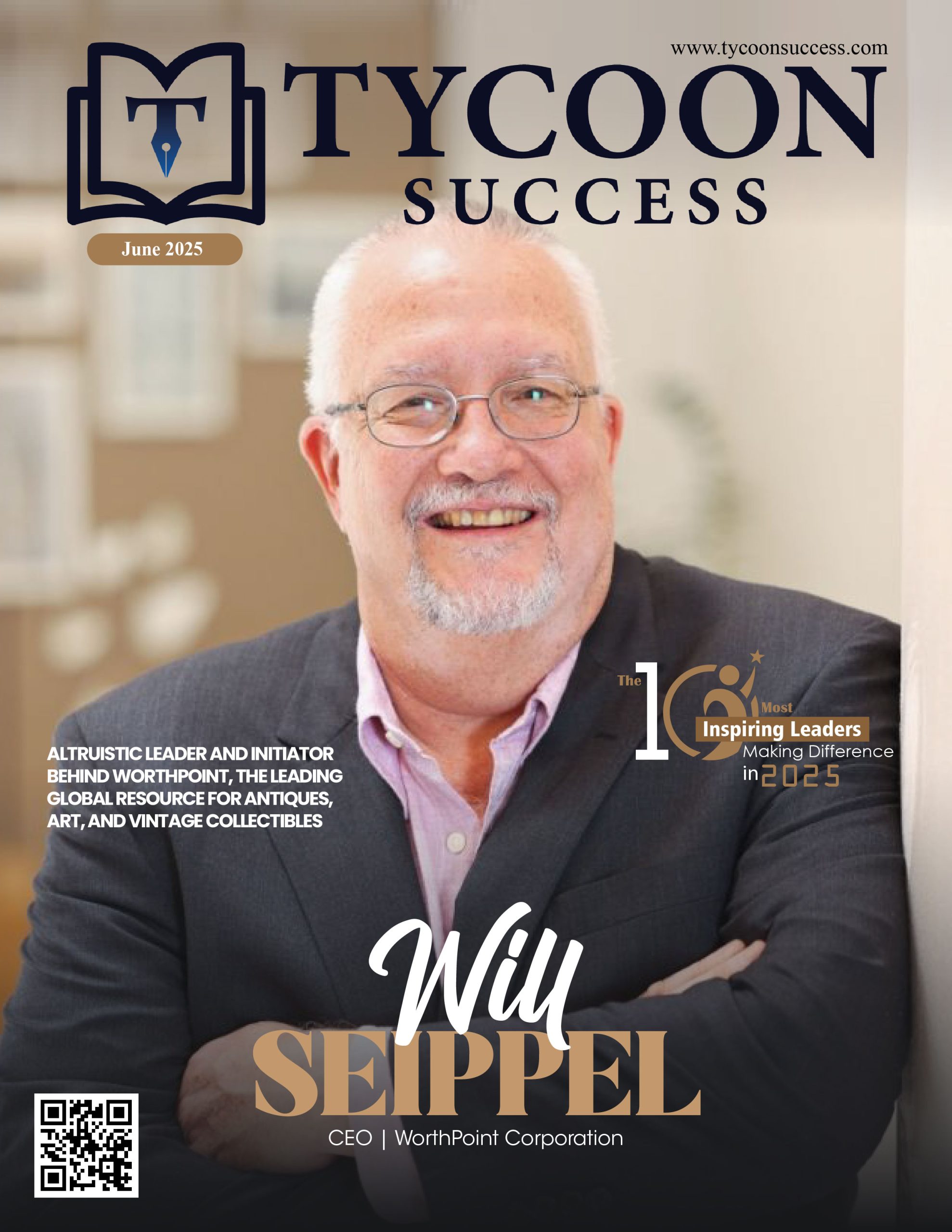A mogul of Middle East real estate development, Emaar Properties Chairman Mohamed Alabbar, said that the region has plenty of development opportunities despite geopolitical tensions and difficulties doing business. “If I was to look at the region as a whole I’m still positive,” he told CNBC at the Milken Institute MENA Summit in Abu Dhabi on Wednesday. However, he cautioned investors to remain prudent in the longer term. “I’m just careful about what is 2019. I’m just worried that we’ve been having a good time for too long. So I just hope that 2019 goes well … So make sure your balance sheet and debt level is at reasonable levels, so if there’s a shake-up you can handle it,” he said.
Emaar Properties is a real estate development company based in the United Arab Emirates (UAE) which is responsible for developments throughout the country and the wider Middle East, and beyond.Founded in 1997, Emaar Properties has been responsible for much of the development of Dubai, including the iconic Burj Khalifa, the world’s tallest building. It has also developed shopping malls and residential property, hotels and entertainment venues. The real estate firm also has developments further afield such as in India and Pakistan. Speaking to CNBC, Alabbar summarized the outlook for the company.
“My view is that Morocco is doing well for us, I would say Egypt is doing extremely well; Saudi Arabia with all the restructuring going on, it’s going to be a fabulous opportunity. In the UAE, we still expect to grow 20 percent on an annual basis,” he said, noting that the company’s growth in India was recovering and Pakistan was doing “reasonably well” for the firm.
Alabbar said the company had achieved around $5 billion of sales in 2017 and close to $1.8 billion of net profit with the company growing around 20 to 25 percent on an annual basis.
“Trust me, the margins, the opportunities and the growth I’ve been having in the Middle East over the last 20 years — even if you make a mistake, it’s so worth it,” he said, although he noted doing business in the wider Middle East had its challenges.
“Of course if I’m doing business in the UAE, it’s comfortable, it’s safe. But if I have to go to Cairo (in Egypt) I have to know the government, I have to know the mayor of Cairo, the mayor of Alexandria. But that’s what we do, that’s what we’re paid for, that’s what we have to do to grow our business,” he said.
The Middle East is certainly not a region for the faint-hearted. There is ongoing geopolitical turbulence caused by the continuing conflict in Yemen, uncertainty in Syria and Iraq about the possible resurgence of terrorist group Islamic State and internal disputes within the Gulf Cooperation Council (with Qatar being sidelined by
Saudi Arabia, Bahrain, the UAE and Egypt), not to mention perceived proxy wars between Saudi Arabia and Iran.
Couple these issues with economic instability, prompted by the lower oil price, and there’s a combustive mix for most businesses. Alabbar said it was nothing new, however, and that the region was ripe for real estate development and infrastructure investment.
“I think that what the Middle East is going through is, unfortunately, not new … But the truth is that the opportunities exist — there are millions of people who have to go to school, they have to shop, they have to find jobs and open new factories, there’s tourism, so therefore that will contribute to economic growth in the whole region.”
Asked about Emaar Properties’ balance sheet, Alabbar said there had been difficult times.
“2007, 2008 and 2009 was very painful and I try not to forget the lesson. And I deal with bankers with a lot of respect but when they come and tell me ‘your balance sheet is not very efficient’ I know that I’m doing a good job. So I like to keep my debt at a very reasonable level. Then again, we have to do business, we have to be aggressive but at the same time we have to keep our eye on the cycle.”







